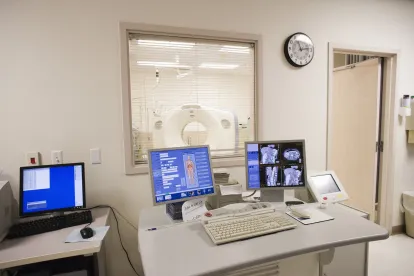After the news this past July that German hospital operator Artemed had signed a framework agreement to establish the first wholly foreign-owned hospital in the Shanghai Pilot Free Trade Zone (“Shanghai FTZ”), foreign investors anxious for an opening into China’s tightly regulated healthcare sector may now have even more reason for (cautious) optimism.
The Chinese government has announced the launch of a pilot scheme allowing for the establishment of wholly foreign-owned hospitals (“WFOHs”) through greenfield investment or mergers and acquisitions in three centrally governed municipalities (Beijing, Tianjin, and Shanghai), which have provincial status, and four provinces (Jiangsu, Fujian, Guangdong, and Hainan). The August 27th announcement was made through a joint administrative notice (“Notice”) between two key central government agencies, the National Health and Family Planning Commission (“NHFPC”) and the Ministry of Commerce (“MOFCOM”), and is yet another example that the Xi administration is sincere in its rhetoric about using the Shanghai FTZ as a test lab for potentially nationwide economic reforms. It also comes at a time when the government is trying to ease growing tensions nationwide between doctors and patients evidenced in a series of gruesome knife attacks by patients against their doctors.
The provincial branches of NHFPC and MOFCOM will be responsible for approving WFOHs. Investors are expected to have strong track records in the operation and management of medical institutions and be capable of bringing in advanced medical technology and hospital management expertise from abroad. Only investors from Hong Kong, Macau, and Taiwan may open WFOHs focused on traditional Chinese medicine. While the Notice certainly represents a step forward, current challenges may remain with respect to the hiring of foreign medical practitioners, import of drugs and medical equipment, lack of non-profit status, and exclusion from the Chinese national medical insurance system as the Notice does not specifically touch upon these matters.
Now, investors must wait for more detailed implementing proposals to be put forth by the provincial branches of NHFPC and MOFCOM (according to one report before the end of the year), and reviewed by NHFPC and MOFCOM at the central level, before they can act. Nonetheless, interested investors might begin examining potential opportunities in the listed locations and start developing relationships with local officials and other relevant players.
Healthcare, a sector closely linked to the state, has been slower to open up to foreign investment than many other sectors of the Chinese economy. In July 2000, foreign investors were permitted to invest in mainland Chinese hospitals through “equity joint ventures” or “cooperative joint ventures,” and hold up to 70% of the equity in these entities. Since then, certain openings were created for investors from Hong Kong and Macau (and later Taiwan) to exert full ownership over hospitals in certain geographies, but the results were modest and most foreign investors interested in full ownership remained out of luck.
The first sign of an opening for all foreign investors came in the form of a November 2010 notice issued by the State Council announcing that restrictions on foreign investment in medical institutions would gradually be relaxed and that a pilot program for allowing such foreign investment would be set up. While the healthcare sector was removed from the restricted list in China’s Foreign Investment Catalogue in 2011, it wasn’t until late 2013 into 2014 that further signs appeared that the State Council’s notice would be implemented. The Shanghai FTZ’s Framework Plan (issued in September 2013; an English translation prepared by Deloitte can be found here) stated that full foreign ownership of hospitals would be permitted within the zone, and Artemed appears to be the first to test those waters. Now, the pace of reform appears to be accelerating.
Ashwin Kaja and Shirleen Hong contributed to this article.




 />i
/>i

